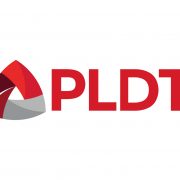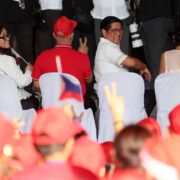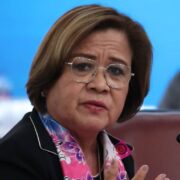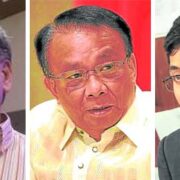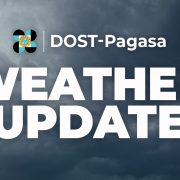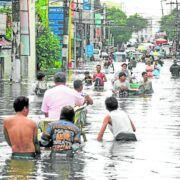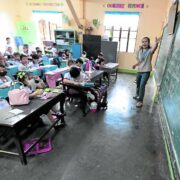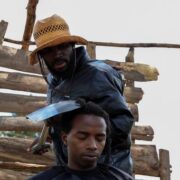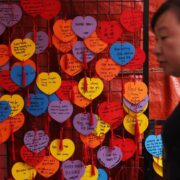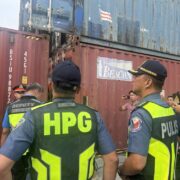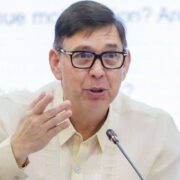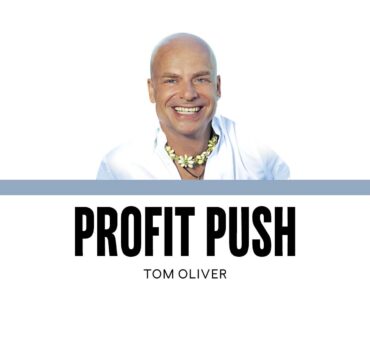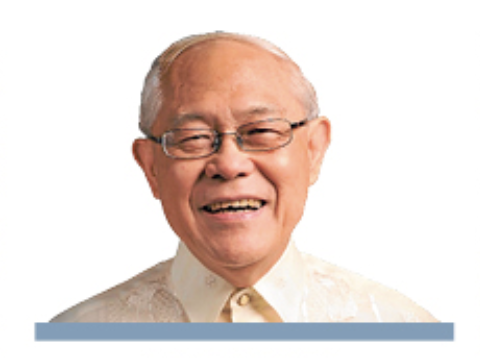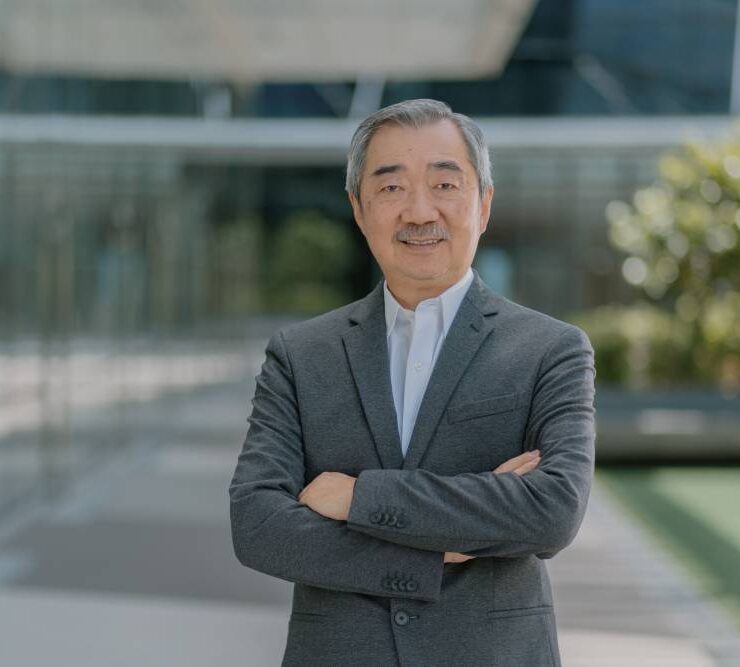Charting the future in a multipolar world: Reflections from the 23rd MAP CEO Conference
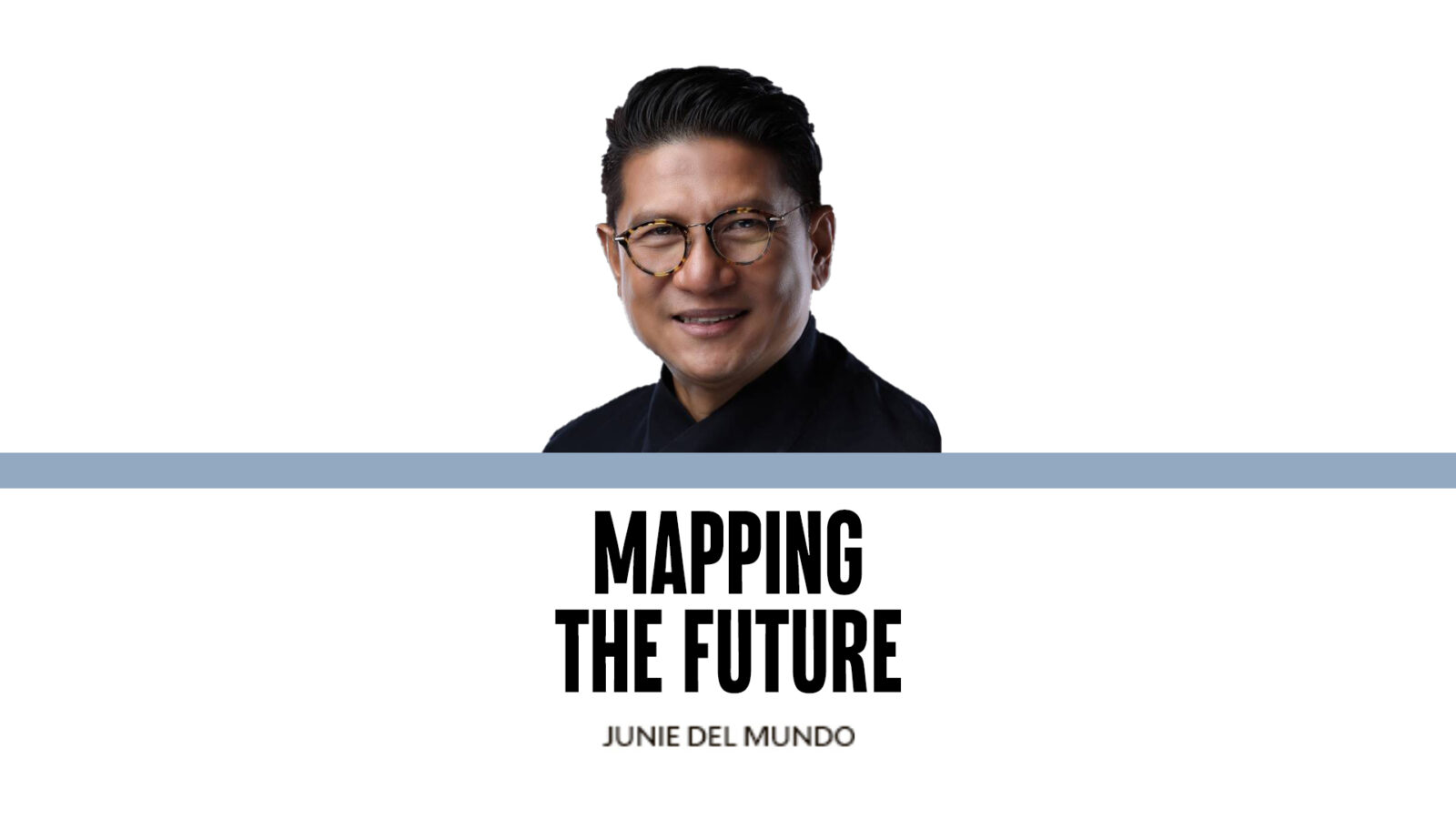
Conferences can sometimes feel like familiar rituals: greetings exchanged, insights shared and then the world carries on as before. But the 23rd Management Association of the Philippines (MAP) International CEO Conference, held on Sept. 9 at Shangri-La The Fort, was different. It was not a ritual; it was a reckoning.
The theme—“Leading Amidst Invisible Disruptions: Agility and Resilience in a Multipolar Era”—captured the mood of our times. The disruptions may be invisible, but their consequences are not. Trade corridors shift. Technologies redefine industries. Leadership legacies are tested. Yet within these uncertainties lies the chance to shape a future that is not just survivable, but sustainable.
When disruption becomes a companion
MAP president Alfredo Panlilio set the tone with a reminder that every insight counts. He spoke of the MAP Conference as a safe space for bold ideas—a place where leaders can step back, reflect and acknowledge that the future is not something we stumble into, but something we deliberately shape.
Echoing him, Orlando Vea of Maya offered a disarming truth: “Disruption is a friend, if we turn it into game-changing decisions.” That was the frame for the day: disruption not as an adversary, but as a constant companion.
Trade winds and the Philippine advantage
Ines Lam of HSBC gave us a sobering view of the trade environment. Tariffs, once unpredictable, are now solidifying—bringing relief, but also hesitation. Some corridors are shrinking; others are quietly expanding. Investment flows in Asia are slowing, but new opportunities are being carved out for those agile enough to claim them.
Her message to Filipino businesses was clear: lean on our unique value proposition, particularly in services, such as business process outsourcing and be unafraid to forge alliances that matter. She left us with a practical framework—assess demand sensitivity, evaluate supply chain exposures, benchmark competitiveness, and, above all, stay agile.
Reinvention as a national imperative
Angelo Estrera of PwC Australia then shifted the lens from caution to possibility. By 2035, he projected that the Philippines could join the ranks of the world’s top 20 economies. But the road to that future requires reinvention.
Estrera’s four-step model for disruptive innovation sounded deceptively simple: define value, build a profit formula, develop capabilities and forge partnerships. Yet the power of his vision lay in its insistence that data must be married with empathy, and innovation must walk hand in hand with human connection. Growth without compassion, he implied, is growth that does not last.
The human advantage in an AI age
Oseas Ramirez Assad of Axialent Global addressed perhaps the most pressing disruption of our era: artificial intelligence (AI). With refreshing candor, he noted that AI is neither friend nor foe—it is a mirror that reflects the choices we make.
His counsel was practical: learn and experiment with AI personally; encourage organizational discovery; move from pilots to production; and manage risks without being paralyzed by them. But his warning was sharper: without alignment, readiness and cultural change, AI will remain a tool we admire from afar rather than one we harness for transformation.
What legacy do we leave?
Joey Bermudez of iskaparate.com took the discussion to a more personal plane. In an age of volatility, uncertainty, complexity and ambiguity, he asked: What do we pass on to those who will come after us?
His answer was as much a challenge as it was an invitation: pass on freedom, not burdens. Give the next generation a blank canvas, unmarked by our fiscal mistakes. Build ecosystems where wealth creation is democratized, where shared prosperity is not an aspiration but a reality.
In those words, he reminded us that the true measure of leadership is not only in profit margins but in the legacy we leave behind.
Profit anchored in purpose
Finally, Charo Santos-Concio brought us back to the heart of it all: purpose. “Profit and purpose reinforce each other and are not opposing goals,” she said.
She called for a shift from corporate social responsibility to corporate social strategy—embedding sustainability, employee well-being and ethical use of technology into the core of business. Quoting Eugenio Lopez Jr., she reminded us: “The only reason we’re in business is to render public service to the Filipino. If a company were to live only for profit, it cannot grow. In the end, it will wither on the vine.”
Her message was unflinching: adaptability without integrity becomes opportunism, innovation without empathy deepens inequality, and progress without responsibility endangers society.
Threads for tomorrow
Taken together, the conversations at the conference revealed a clear arc. They reminded us that the future is not something we simply inherit, but something we can shape with intention. They underscored that leadership, if it is to be truly responsible, must weigh its impact not just on the present but on generations yet to come. They affirmed that reinvention is not a short-term maneuver but a long-term discipline that must outlast political cycles. They showed us that technology, when guided by care and ethics, is not a threat but a powerful tool for growth. And above all, they drove home that profit, to endure, must always be anchored in purpose.
As I closed the conference, one truth crystallized. Disruption will not go away. But disruption is not the end of the story. It is the beginning of a new one.
The 23rd MAP International CEO Conference reminded us that agility, resilience and empathy are not abstract virtues—they are survival skills in a multipolar age. And more than that, they are the foundation of nation-building.
For those who were not in the room that day, let this be the takeaway: the challenges we face are immense, but so is our capacity to lead through them. The task before us is not simply to withstand disruption, but to choreograph it—to write a future worthy of our people’s trust, hope and dreams.
The author is vice chair of MAP CEO Conference Committee, chair of the MAP International Relations Committee and chief executive of The EON Group. Feedback at map@map.org.ph and junie.delmundo@eon.com.ph.


